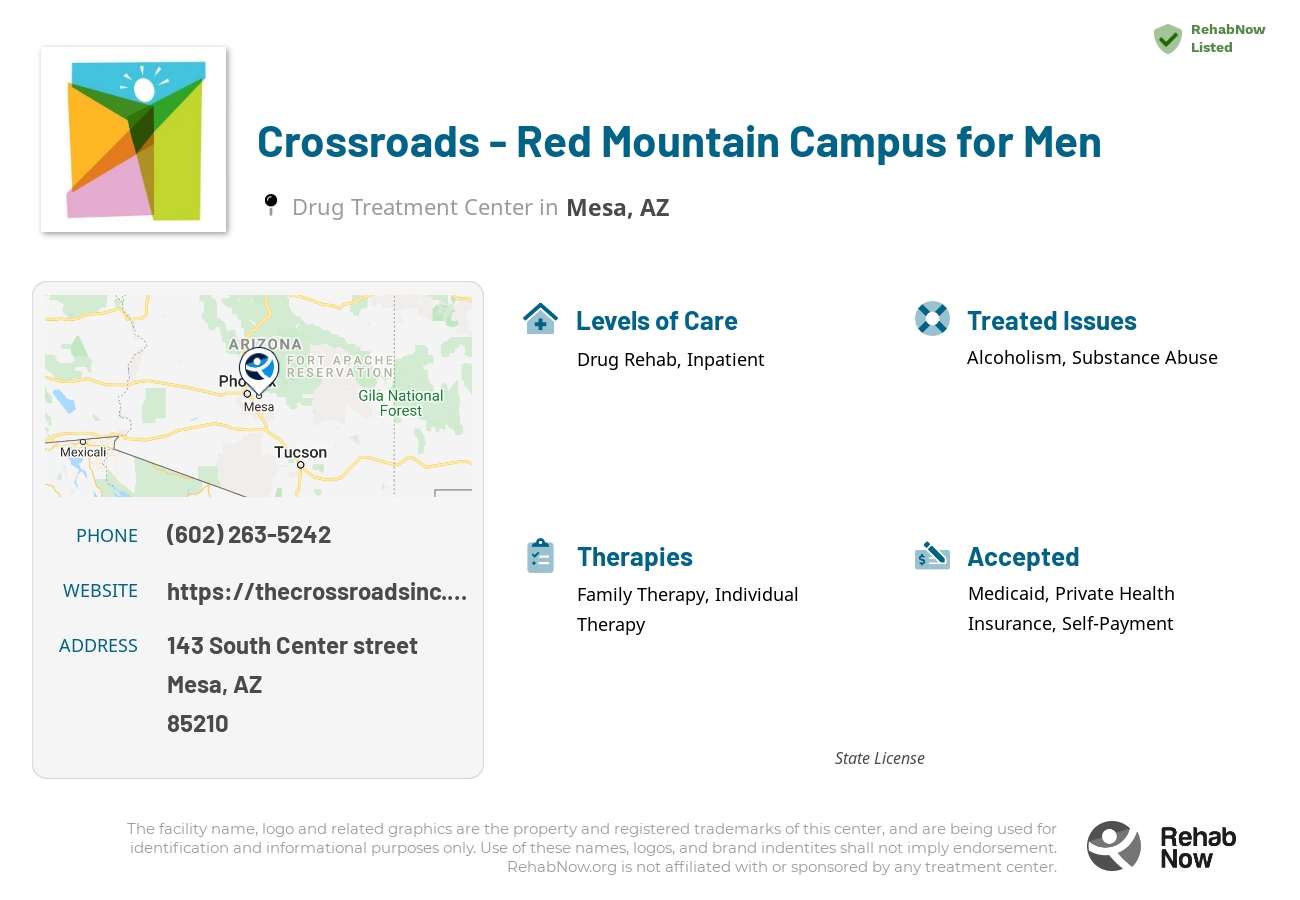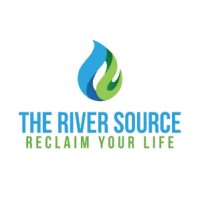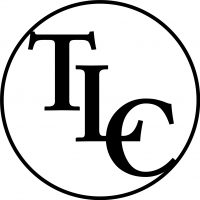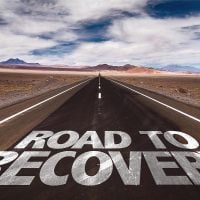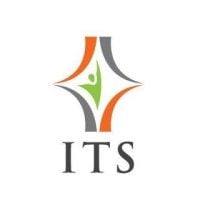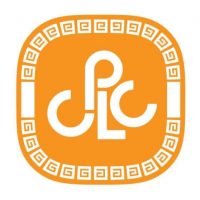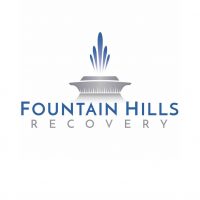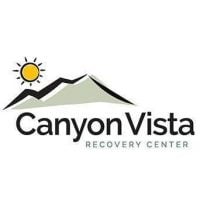Crossroads - Red Mountain Campus for Men
Drug Rehab Center in Mesa, Arizona
Crossroads - Red Mountain Campus for Men is a Mesa, AZ addiction treatment facility that offers a wide range of services including drug rehab, inpatient and outpatient programs, aftercare support, detoxification services, and residential levels of care to help individuals on their journey of sobriety.
About Crossroads - Red Mountain Campus for Men in Arizona
Crossroads - Red Mountain Campus for Men is a comprehensive addiction treatment facility located in Mesa, Arizona. Dedicated to promoting recovery and personal growth, it offers high-quality, affordable programs for individuals struggling with substance abuse and addiction.
- A holistic approach combining traditional therapies with wellness activities for whole-person healing.
- Specialized treatment for alcoholism, substance abuse, dual diagnosis, and drug addiction.
- Individualized treatment plans tailored to each client's unique needs and circumstances.
Crossroads is an accredited facility with the necessary state license to provide its services. It offers a range of treatment options, including inpatient, outpatient, aftercare support, detox, and residential levels of care. The facility's programs are designed to address addiction and promote long-term recovery.
Crossroads - Red Mountain Campus for Men specializes in treating alcoholism, substance abuse, dual diagnosis, and drug addiction. Their treatment methods include individual and group therapy, relapse prevention skills, trauma-informed care, and wellness activities such as exercise and nutritional education.
Genders
Ages
Modality
Additional
Accreditations
State License
Conditions and Issues Treated
Substance abuse creates problems that affect people in Mesa, AZ on many levels. First, substance abuse affects the individual who is abusing drugs or alcohol. This can result in health problems, including heart damage and overdose. Substance abuse also affects the user’s family, friends, co-workers, classmates, or peers. These people feel frustrated because they do not know how to help their loved ones struggling with addiction. At the same time, the addict cannot control his behavior. Lastly, friends and family members of addicts are affected financially by substance abuse.
The good news is that effective treatments can help prevent substance abuse or treat its effects on the user. These treatments, which include behavioral therapy and counseling sessions, target the underlying causes of substance abuse, helping users achieve sobriety so they can regain control over their lives. They also teach users to cope with stress in ways other than using drugs or alcohol.
Levels of Care Offered
This center offers a variety of custom treatment tailored to individual recovery. Currently available are Aftercare Support, Detox, Drug Rehab, Inpatient, Outpatient, Residential, with additional therapies available as listed below.
The first level of recovery is detox. It involves giving a person the opportunity to get the toxins out of their body safely. The individual receiving treatment at Crossroads - Red Mountain Campus for Men typically will get ill during detox, and they will often start using again to get rid of unpleasant emotions and complicated physical responses. It is why having a Arizona medical professional present is so critical. A medical professional can make sure that patients do not start using again during detox and stay physically healthy during the process. They will also have treatment on a mental level to relieve their symptoms and guide them through the process.
Going to an inpatient rehab facility means living there while all aspects of addiction or co-occurring disorder get addressed. The treatment involves medical supervision, therapy, and future planning.
This type of rehabilitation provides a drug-free environment for people who struggle with chronic/long-term addiction without having access to drugs outside the center (or their own home). It takes away any distractions because they live there 24 hours per day. If someone is trying to break out old habits, which could lead them back into substance abuse, things like jobs or school can be put on hold until after they complete their stay to focus solely on recovery.
Outpatient programs at Crossroads - Red Mountain Campus for Men, the Mesa resident can live with their family while continuing with their job or studies. Treatment includes educating the patient on drug abuse, medications, and counseling sessions at the individual or group level. Outpatient treatment plans cover diagnosis, detoxification, management, and counseling. They are a popular option for those who have graduated from inpatient facilities.
Residential treatment programs are those that offer housing and meals in addition to substance abuse treatment. Rehab facilities that offer residential treatment allow patients to focus solely on recovery, in an environment totally separate from their lives. Some rehab centers specialize in short-term residential treatment (a few days to a week or two), while others solely provide treatment on a long-term basis (several weeks to months). Some offer both, and tailor treatment to the patient’s individual requirements.
Without aftercare support, addicts can easily relapse back into addiction. It is crucial to integrate the addict back into society. Aftercare support should take place after outpatient treatment has ended.
There are a few different types of aftercare support that patients can seek after completing an inpatient treatment program:
- 12 Step Self-help groups (AA, NA)
- Therapeutic communities,
- Long-term, structured sober living arrangements
- Halfway houses (residential treatment centers)
Many different support groups exist for addicts to seek help after treatment. Some are more effective than others, depending on the person’s addiction, background, and other factors.
Therapies & Programs
Individual therapy is a form of counseling where you meet with a trained professional one-on-one. Meeting with a therapist in this setting allows for a personal and trusting relationship to be built. This allows the patient to open up about sensitive or private issues they may not feel comfortable discussing in a group. Individual therapy helps identify the root causes of your addiction, which can help prevent relapse.
Family therapy is often done alongside drug treatment to help addicts stay sober. The goal of family therapy for drug addiction is to create an environment where communication can happen without judgment, hostility, or blame. The therapist will sit with the family so they can learn how to communicate differently and provide new tools for dealing with emotions so that people don’t want to drink or do drugs. It’s important for families to focus on relapse prevention plans during treatment so that if the addict feels like they want to use again, they’ll know what steps they need to take together to prevent it from happening again in the future.
Group therapy sessions are another common addiction recovery service. These group sessions typically involve six to 12 addicts who meet regularly with a trained professional for support and guidance.
During these sessions, the group shares their experiences with one another and provides feedback that can help each member avoid relapse or overcome specific obstacles they are facing in their recovery process. With this type of support and guidance, addicts can feel like they are part of a community that understands their struggles and will help them get through the hard times.
Cognitive Behavioral Therapy (CBT) focuses on the underlying thoughts and behaviors that caused the problem of addiction in the first place and may cause a relapse. Negative feelings are common in drug abuse disorders, but they can lead to co-occurring disorders if not recognized. CBT involves strategies that help to change the behavior pattern by restructuring negative thoughts into positive ones. It helps to remove these feelings, and it provides long-term benefits. Also, CBT promotes self-awareness and self-control. It can be administered as a monotherapy or as part of combination therapy.
CBT can improve the patient’s mood, reduce drug cravings and boost success rates on treatment plans. Regular practice can help individuals handle negative attitudes, thoughts, and feelings without turning to drugs or alcohol. The core belief of Cognitive Behavioral Therapy (CBT) is that one’s moods, behaviors, and actions are all connected. Individuals can improve their quality of life using CBT. It helps addicts understand the patterns of thought and feelings that cause them to use drugs or alcohol and develop a healthy response.
It’s not as simple as quitting drinking or using drugs and expecting the hard part to be over. Many addicts in recovery have discovered that they need to improve skills such as time management, organization, communication, socialization, and self-esteem. Learning certain life skills can help those who are struggling with addiction.
The 12-step program is one of the most common forms of addiction treatment today. It consists of attending meetings and working with a sponsor to follow the 12 steps outlined by Alcoholics Anonymous (AA). The 12-step program was created to assist alcoholics in getting sober and staying clean. However, it is now used for a variety of addictive substances. The 12-step program encourages addicts to completely give up their former lifestyle, which is not always practical or possible for everyone.
It is essential to remember that abstinence from drugs and alcohol is the only way to ensure long-term sobriety.
12-Step programs can be beneficial for some people, but it all depends on the individual and whether or not they’re capable of completely giving up their addiction. This method is not for addicts who are unwilling to or have no desire to quit using and so is best utilized when paired with other treatment methods.
Payment Options Accepted
For specific insurance or payment methods please contact us.
Is your insurance accepted?
Ask an expert, call (888) 674-0062
Crossroads – Arizona Associated Centers
Discover treatment facilities under the same provider.
- Crossroads - East Campus in Phoenix, AZ
- Crossroads - Pure Heart Outpatient Program in Glendale, AZ
- Crossroads - Flower Campus for Men in Phoenix, AZ
- Crossroads - Midtown Campus for Men in Phoenix, AZ
- Crossroads - Phoenix in Phoenix, AZ
Learn More About Crossroads – Arizona Centers
Additional Details
Specifics, location, and helpful extra information.
Mesa, Arizona 85210 Phone Number(602) 263-5242 Meta DetailsUpdated April 15, 2024
Staff Verified
Crossroads - Red Mountain Campus for Men Patient Reviews
There are no reviews yet. Be the first one to write one.
Mesa, Arizona Addiction Information
Arizona has some of the highest rates of prescription drug abuse in the United States. Methamphetamines, heroin and morphine are among the most commonly abused substances. Prescription pain relievers were prescribed to 348 million people in 2012, enough to medicate every adult in Arizona for 2 full weeks. The number of people with substance use disorders in Arizona has remained relatively constant over the past few years.
Mesa, Arizona, has a higher rate of drug abuse and addiction than the national average. 1 in 10 residents struggles with drug abuse or addiction. The majority of those who struggle with substance abuse in the city is between the ages of 18 and 25. If you or someone you love is struggling with drug addiction and abuse, it's important to get help as soon as possible.
Treatment in Nearby Cities
- Avondale, AZ (30.0 mi.)
- El Mirage, AZ (31.7 mi.)
- Bullhead City, AZ (194.9 mi.)
- San Manuel, AZ (89.4 mi.)
- Peach Springs, AZ (172.4 mi.)
Centers near Crossroads - Red Mountain Campus for Men
The facility name, logo and brand are the property and registered trademarks of Crossroads - Red Mountain Campus for Men, and are being used for identification and informational purposes only. Use of these names, logos and brands shall not imply endorsement. RehabNow.org is not affiliated with or sponsored by Crossroads - Red Mountain Campus for Men.



